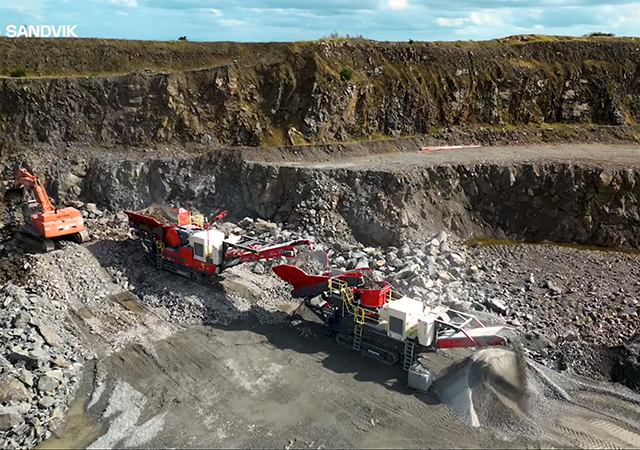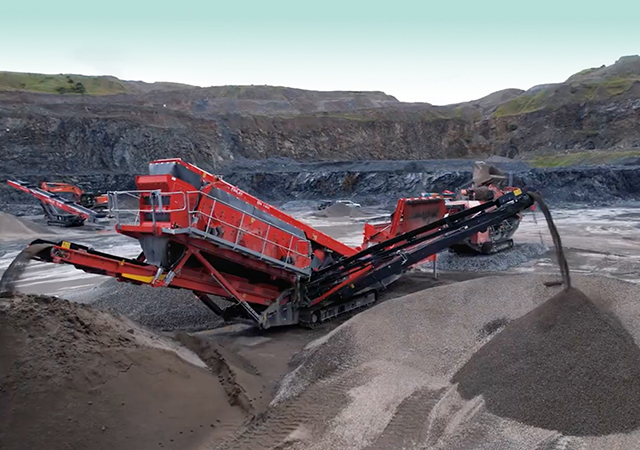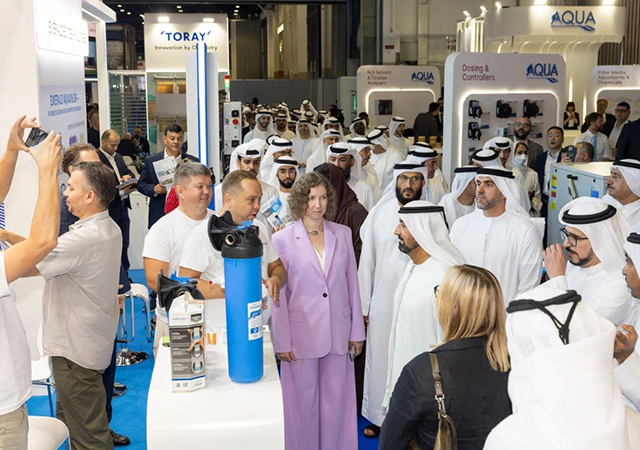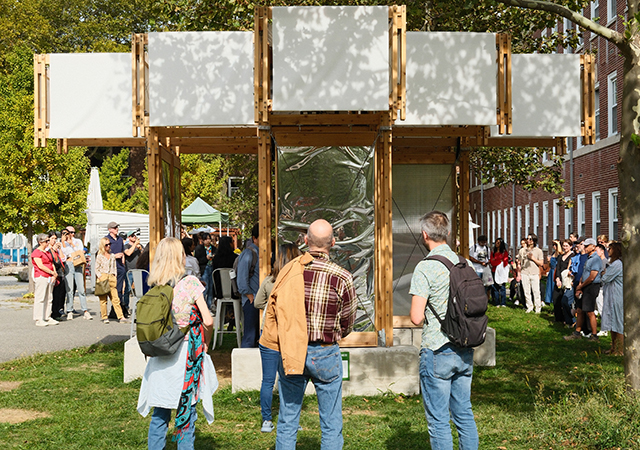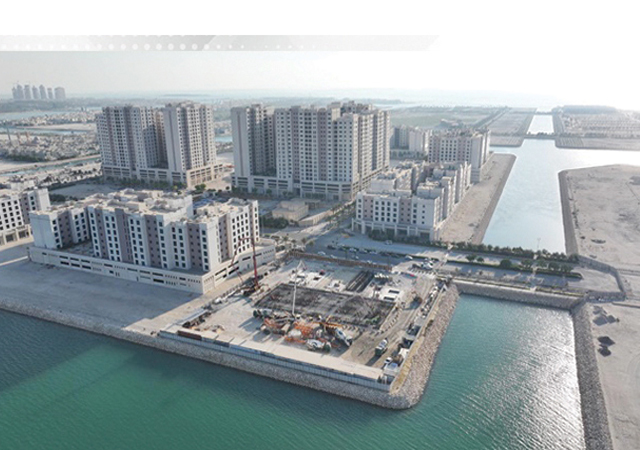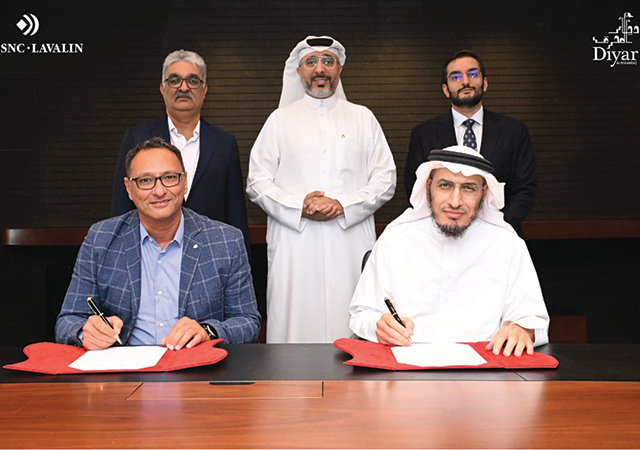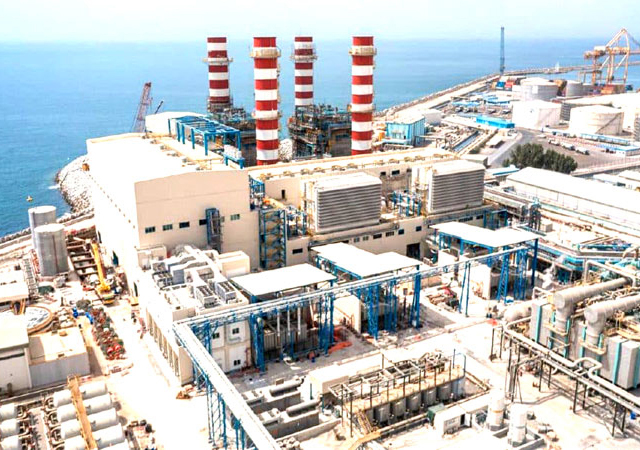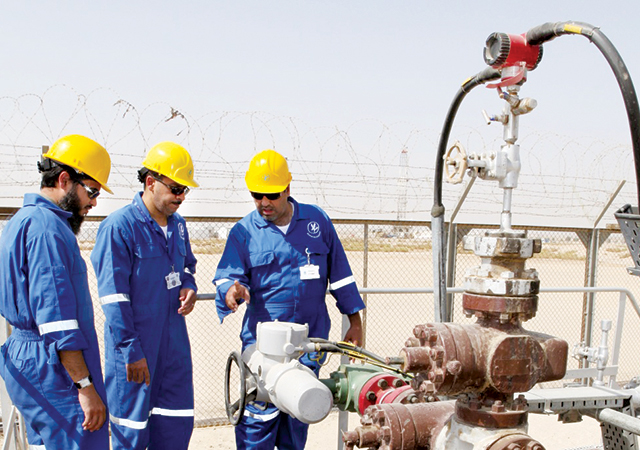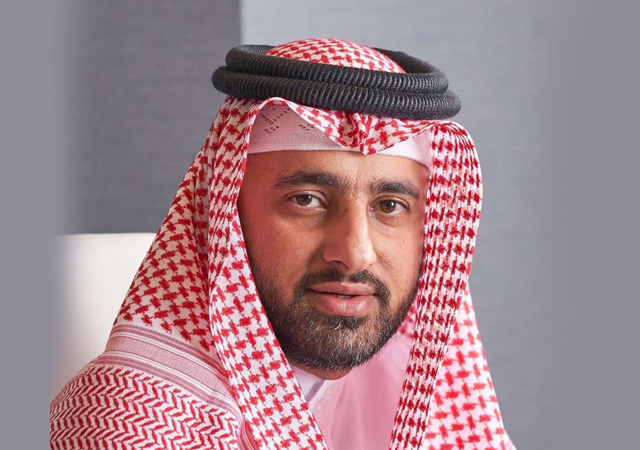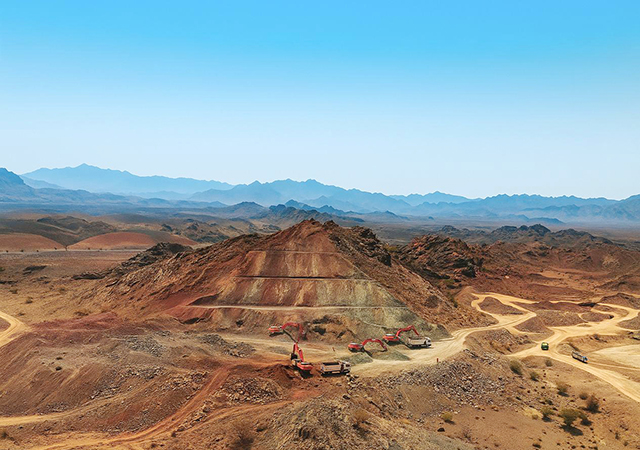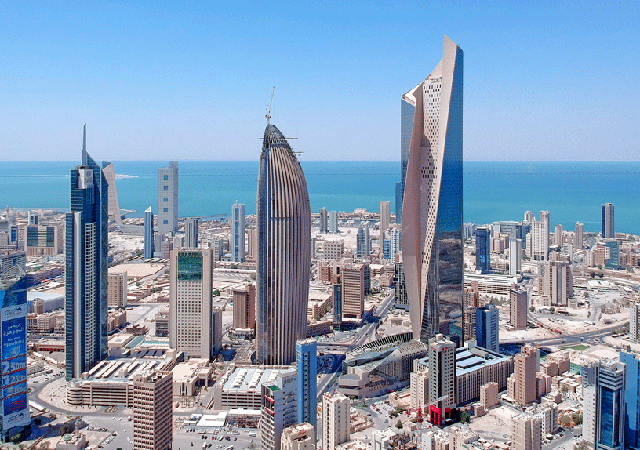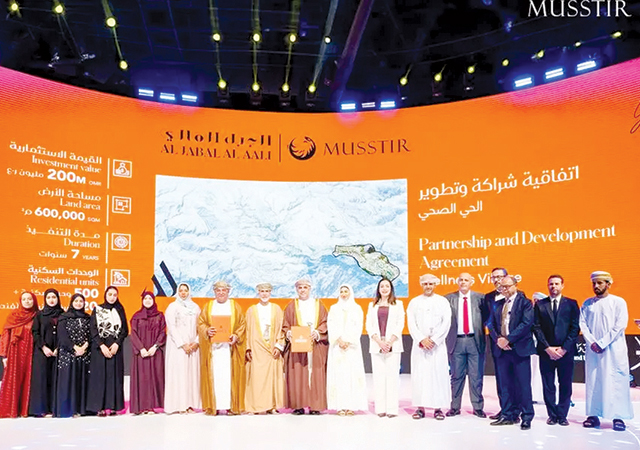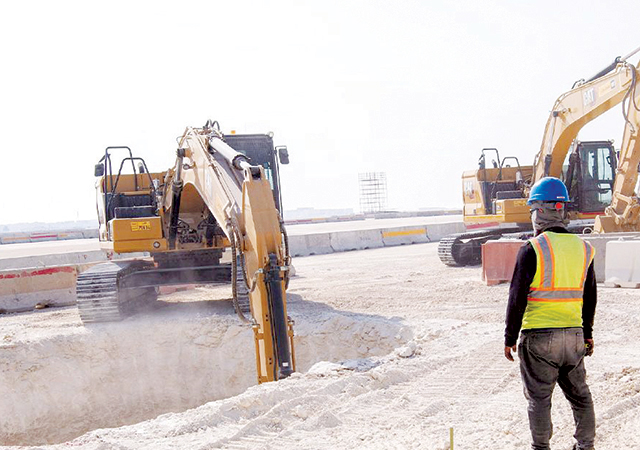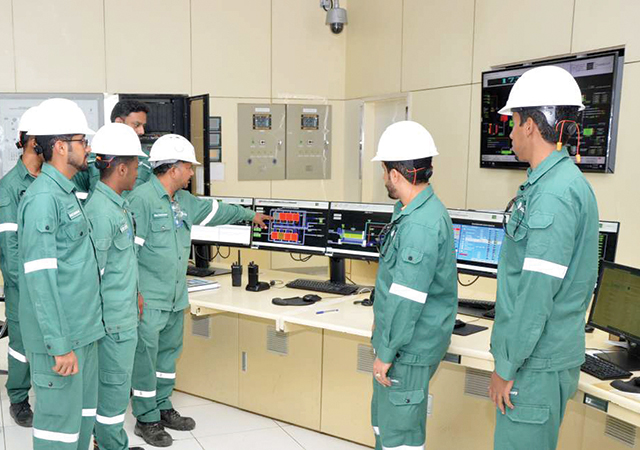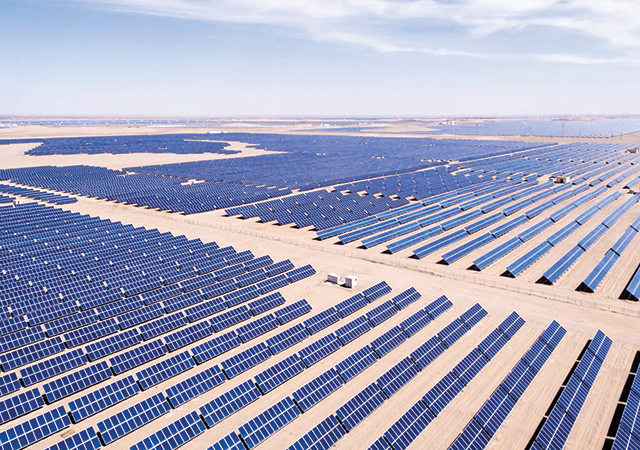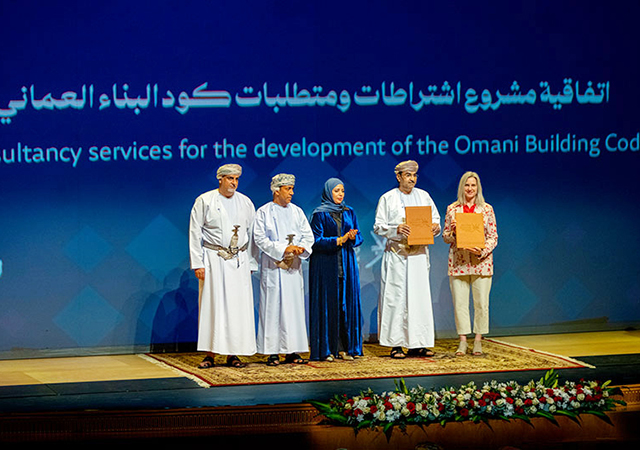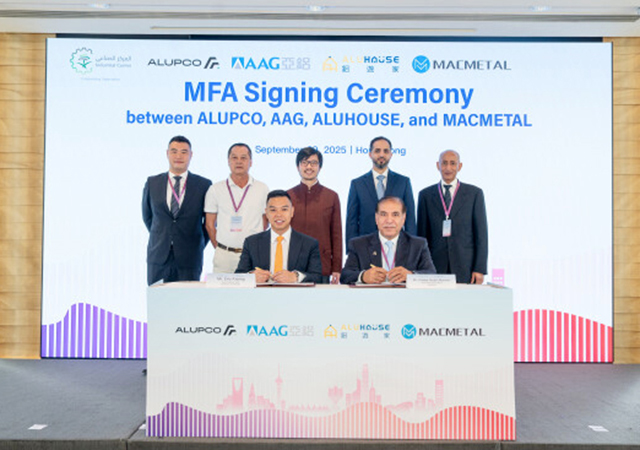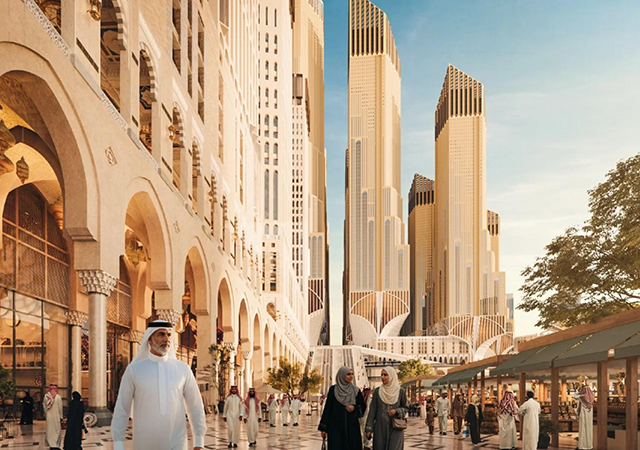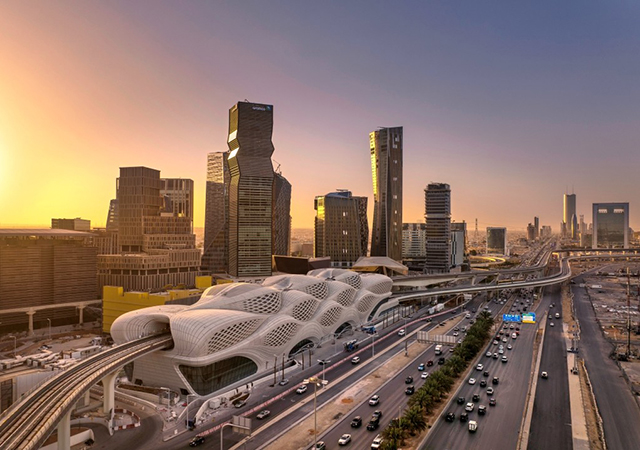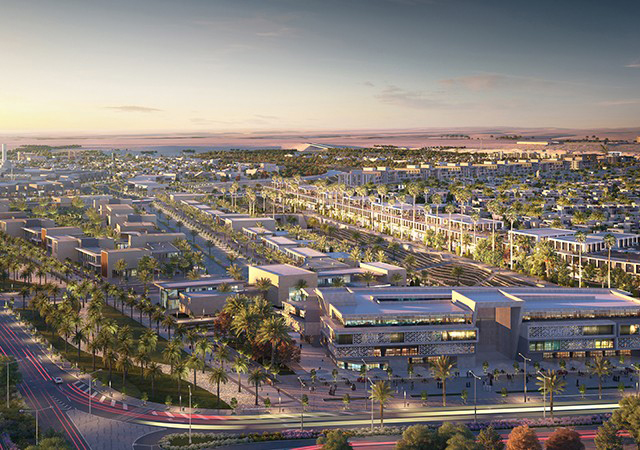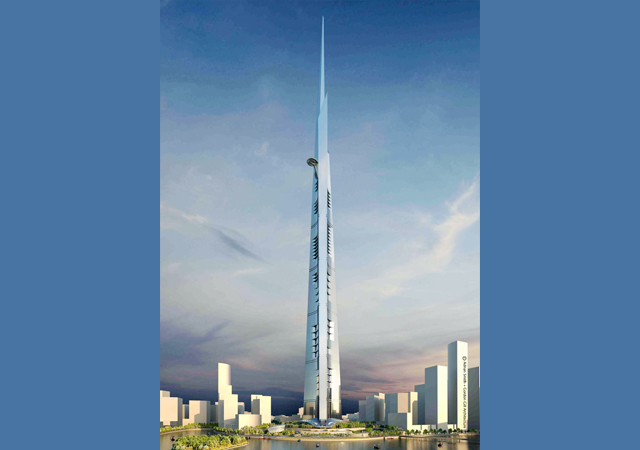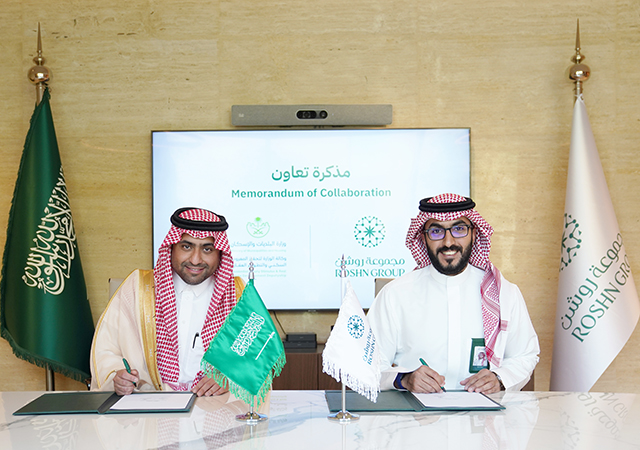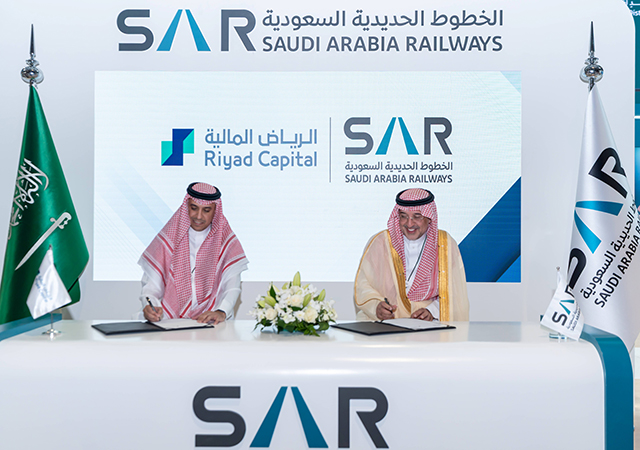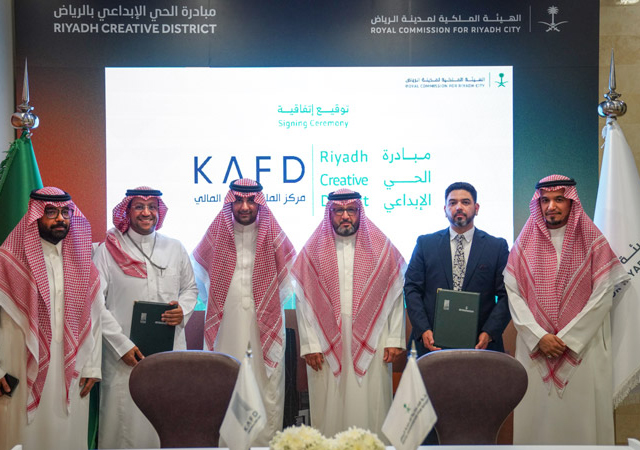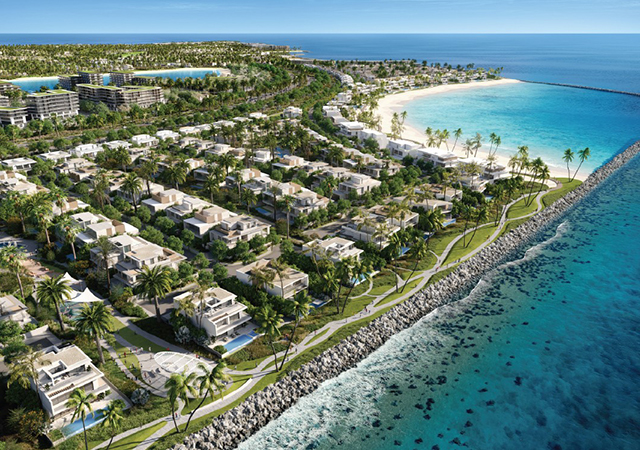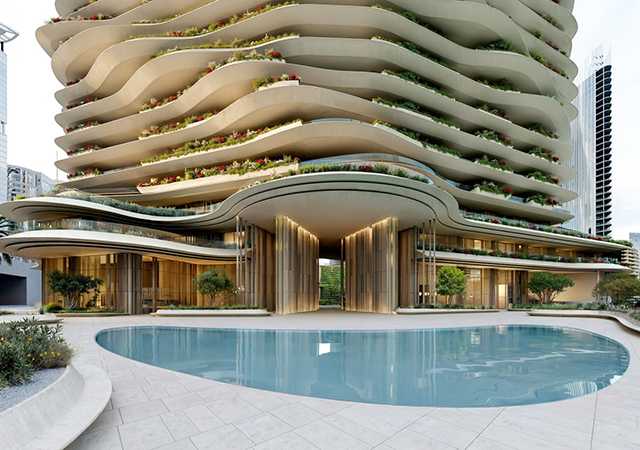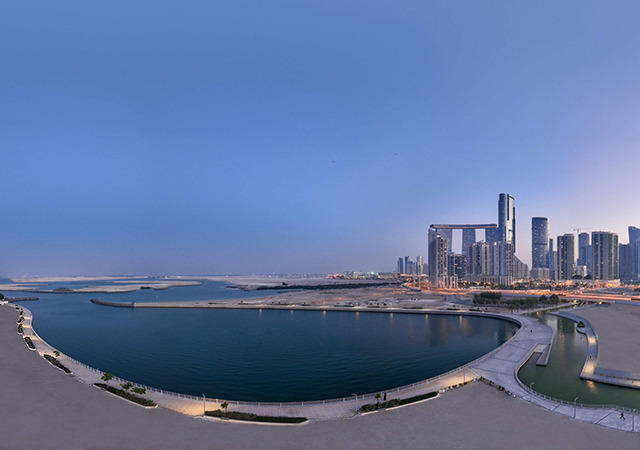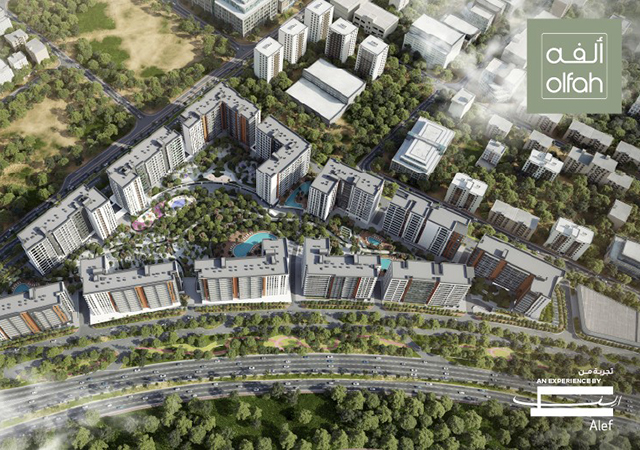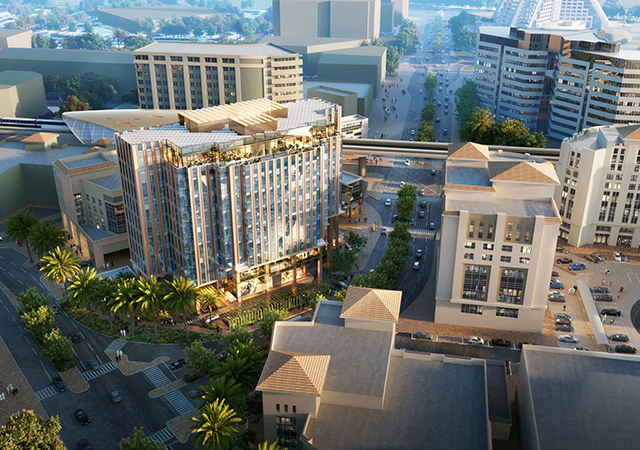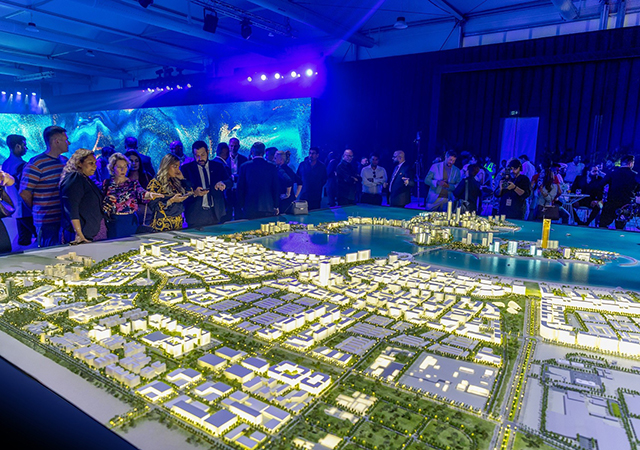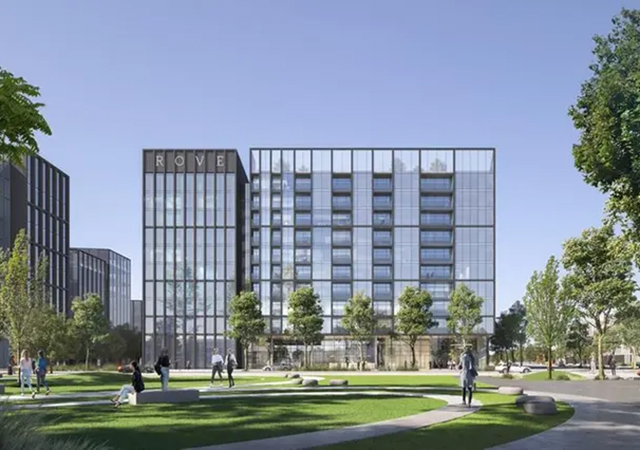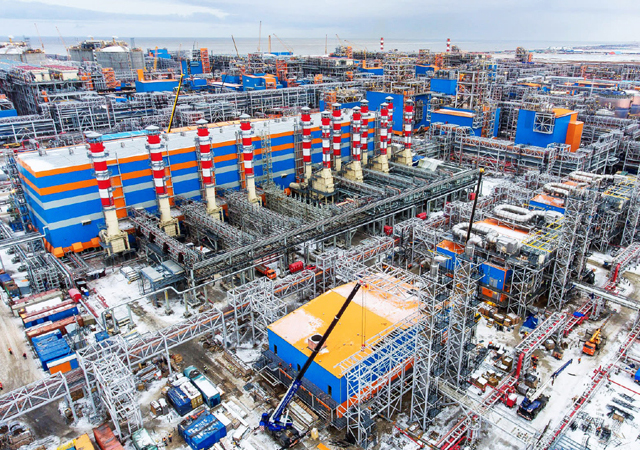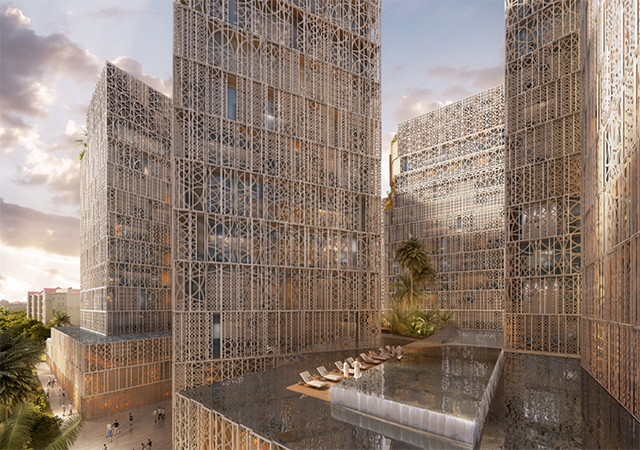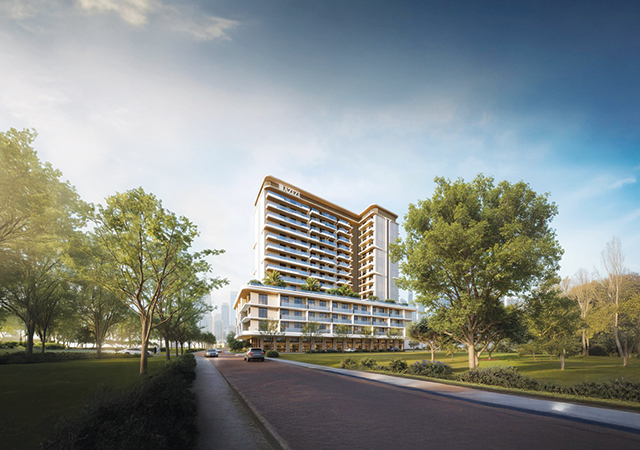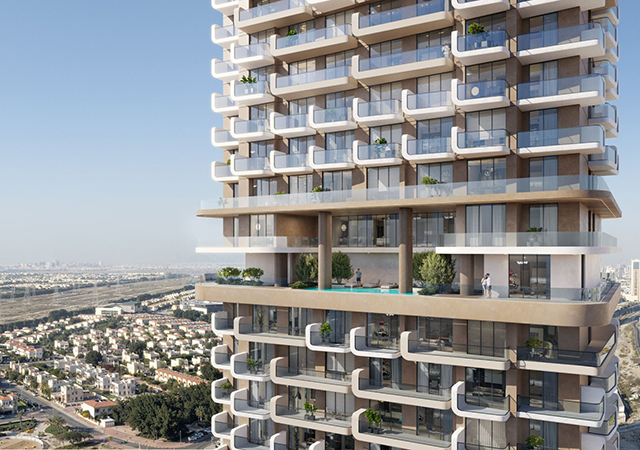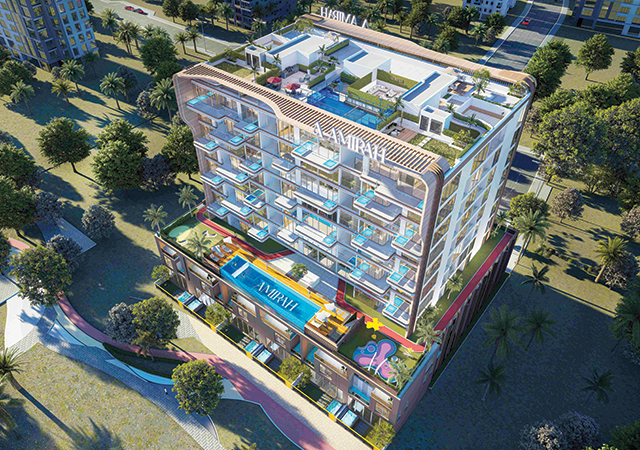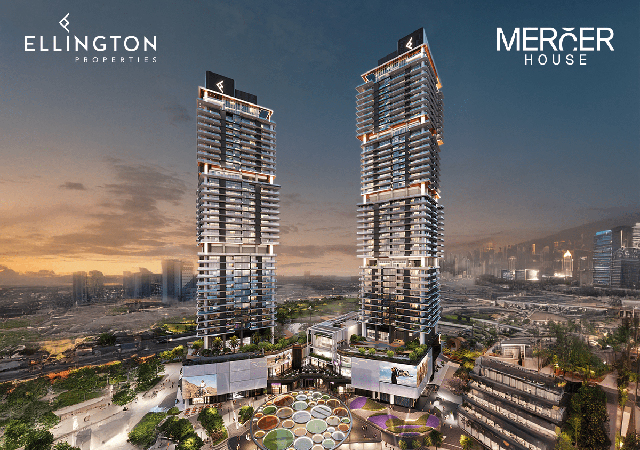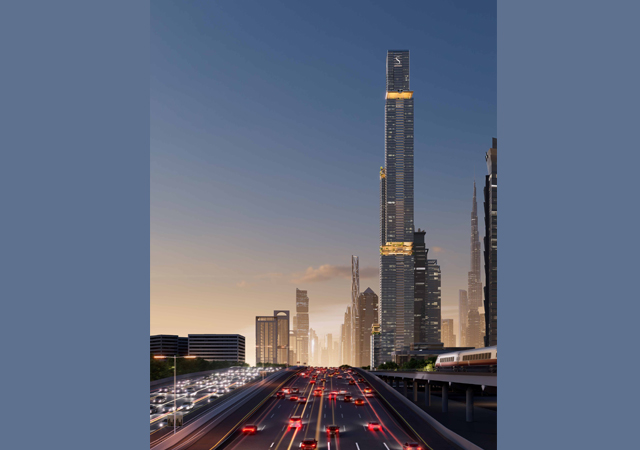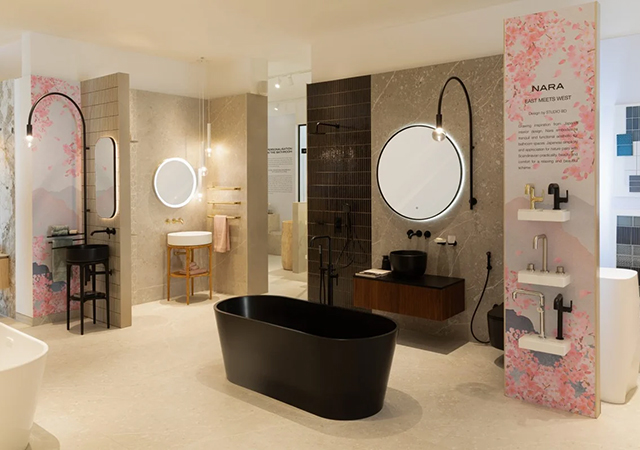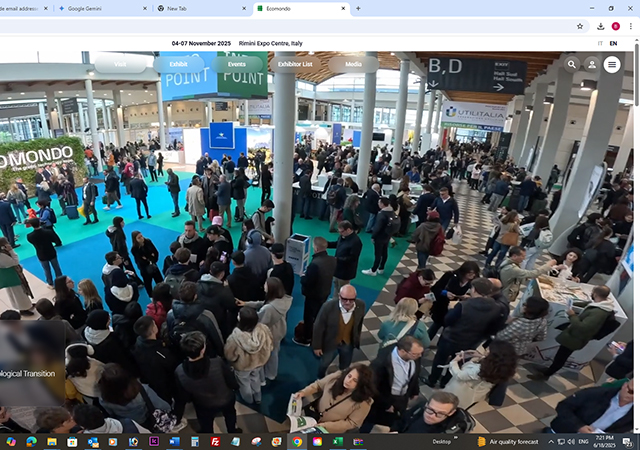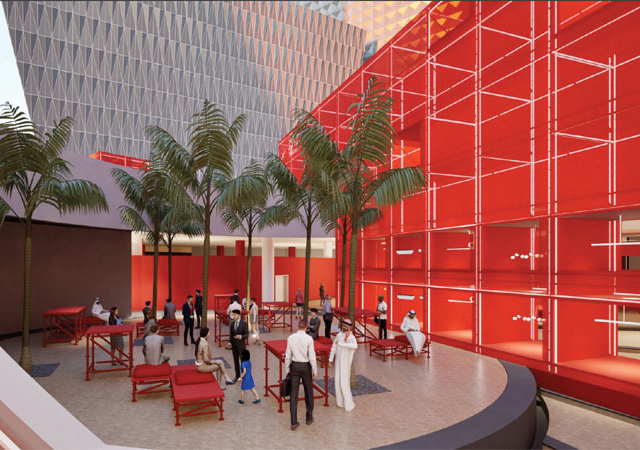
 Stuart Jordan
Stuart Jordan
I have previously discussed the benefits of statutory adjudication and speculated about whether it would be adopted in the Gulf. So how about this: a new law has been announced in Dubai which mandates alternative dispute resolution (ADR) for certain construction disputes. The new law applies only to specific types of dispute below a threshold value, and arising within a particular sector of construction in Dubai, but it is important because it shares the same objectives and it mandates similar methods as have become such common features of our industry across the common law world, most notably in the form of statutory adjudication.
This is Dubai Law No. (8) of 2025 which was issued on July 21, 2025 and will come into force on January 1, 2026. We have not yet seen the full text of the new law but the announced details are interesting. It introduces a fast-track ADR procedure for the resolution of certain disputes arising in the construction of housing owned by UAE citizens. Coverage is limited to disputes with a value of less than AED10 million ($2.72 million) and to prescribed categories of dispute, although these cover the most common ones, being:
• Delays in payment;
• Change orders (scope variations);
• Schedule delays;
• Defects; and
• Contract breach.
Such disputes are to be first referred to mediation (that is, structured negotiation under the supervision of a third-party mediator, aiming at an agreed settlement) administered by the Amicable Dispute Resolution Centre, a new body to be established within the Dubai Courts. This mediation is to be concluded within 20 days of referral, with a potential further 20 days if the parties agree to the extension. The mediation sessions themselves will be chaired by construction specialist mediators. Notably, the maximum registration fee is AED250 ($68).
If the mediation is not successful, the dispute is to be resolved by a committee also formed under the auspices of the Amicable Dispute Resolution Centre. This committee is to comprise one judge and two construction specialists. The committee’s decision is to be given within 30 days of referral with a potential one-time extension of a further 30 days, again subject to the parties’ agreement.
If either party is dissatisfied with the committee’s decision, they can appeal it to the local courts (the Court of First Instance) within 30 days of issue.
The aims of the new law are familiar to all in our industry: to reduce the cost, time and disruption of resolving construction disputes, whilst still providing parties with effective legal redress for the consequences of contractual breach. Underlying these aims is the recognition that construction disputes can have a damaging impact beyond the matters directly in dispute. They are corrosive to relationships and can undermine what should be the shared objective of completing the project.
None of that is new, and contracting parties in the Middle East have long used contractual measures to mitigate the deleterious effects of dispute resolution – usually in the form of formal procedures for initial determination of certain issues such as claims, then layered escalation between the parties and (less commonly) third-party mediation and referral to Dispute Adjudication Boards to give enforceable (but not necessarily final) decisions.
What is new, and important, is that forms of ADR will now be mandated by public law, not just agreed in contracts. The mediation stage is not the radical part. It is likely to be effective, especially as it is to be supervised by specialist mediators, and this will benefit the sector. But the really big step is the adjudication by a committee of any matter that is not resolved in mediation. Although we don’t yet have the full text of the new law, the announcement indicates that this adjudication stage is mandatory and the decisions will be enforceable.
In issuing this new law, Dubai joins many other jurisdictions globally in mandating certain ADR processes to be followed in order to resolve construction disputes. The use of ADR is a strategic objective for UAE, as a tool to assist commercial activity; and I guess there’s no better place to start than in our industry.
Two points for the future: In the short term, we await the full text of the new law. In particular, we’ll need to see whether it will require contracts to contain these ADR provisions and/or will imply terms to cover provisions that are missing or non-compliant. Also to see how contracts with arbitration provisions would be affected.
In the longer term, we shall see if this will be successful in avoiding long form litigation and arbitration, in mitigating delays to projects and in preserving relationships. This largely depends on the quality of decision-making by the adjudication committee. Good decisions are a sense test, especially for the losing party; a discouragement to take the matter further. On this, the signs look good: the committee being composed of a judge and two specialists.
The new law covers only one sector of construction activity and relatively low value disputes. If it is successful – and I see no reason why not – perhaps it will be expanded, to the benefit of the whole industry in Dubai and adopted elsewhere in the Gulf. n
* Dubai-based Stuart Jordan is the Global Head of Construction for Baker Botts, a leading international law firm. He has extensive experience in the Middle East, Russia and the UK.



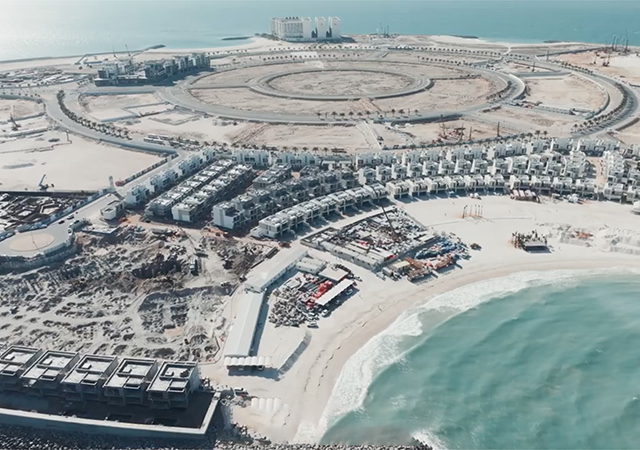

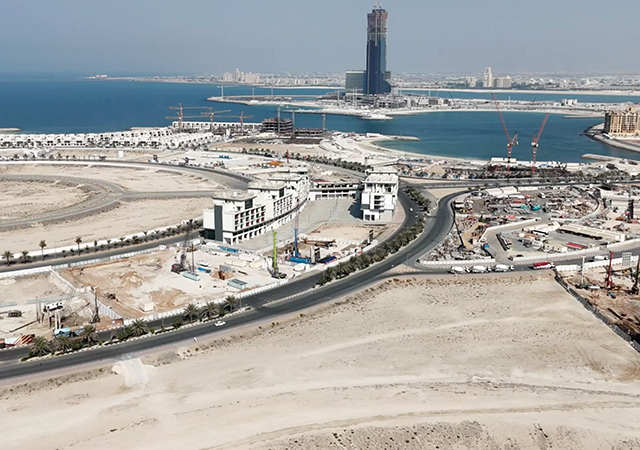
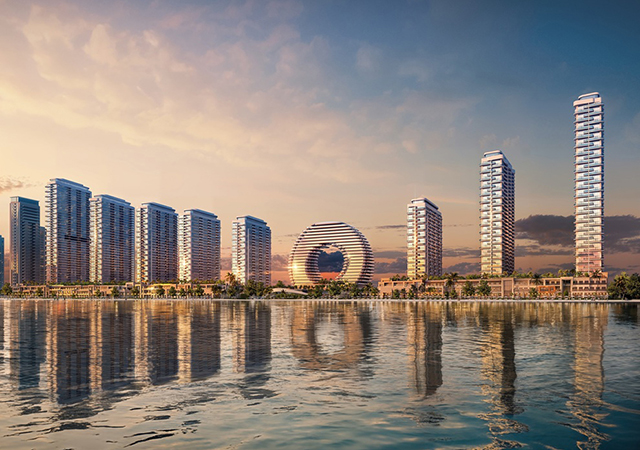
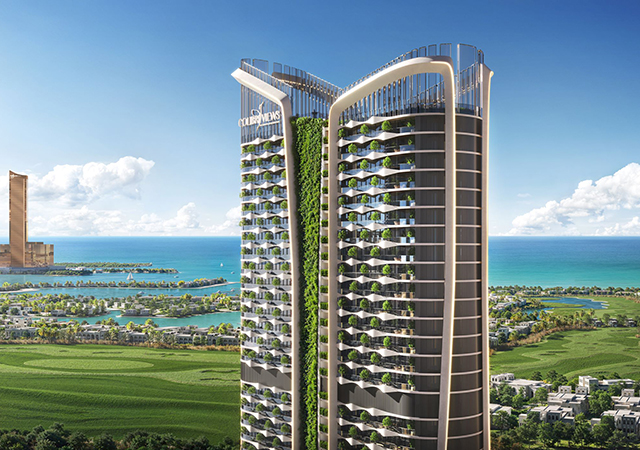
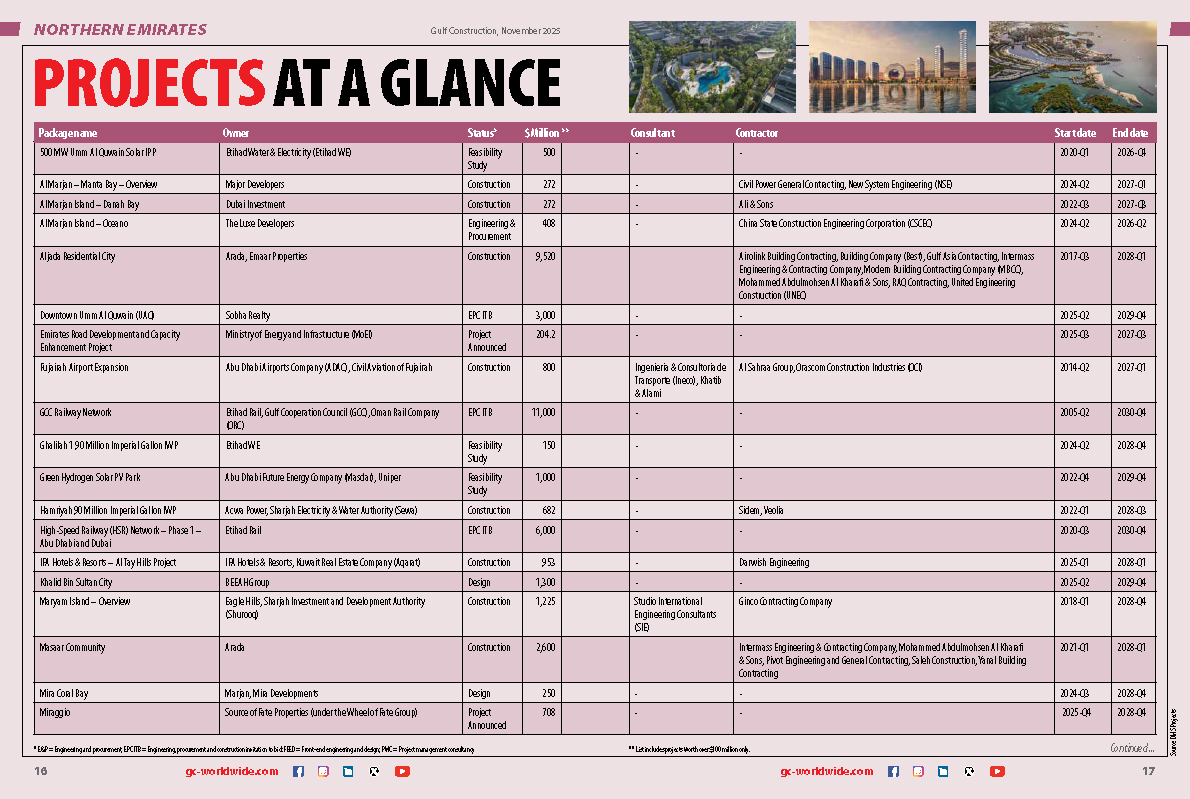
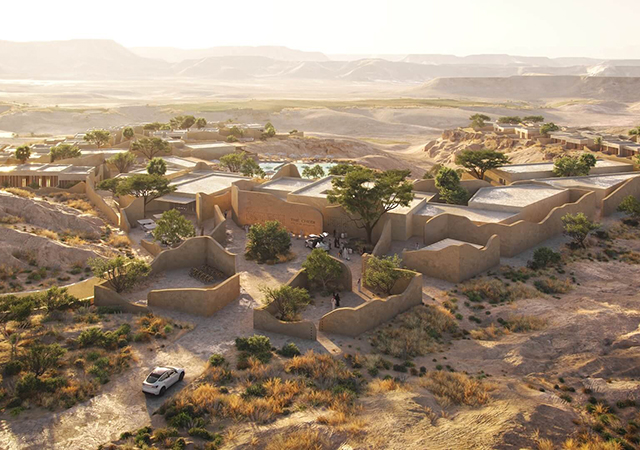
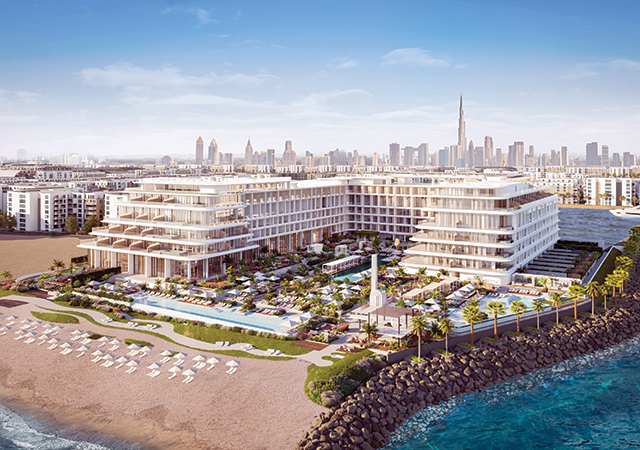


(5).jpg)
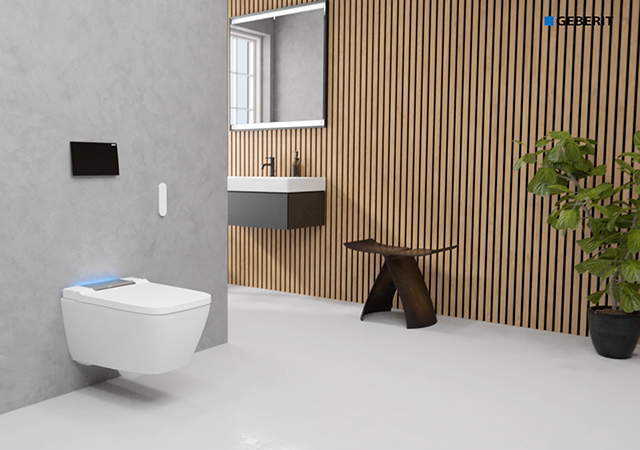


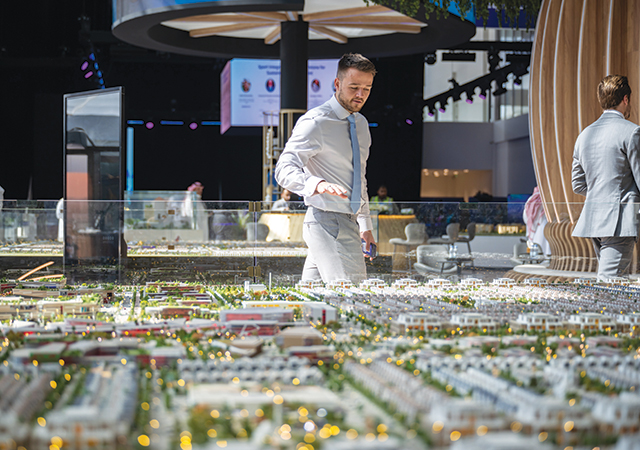
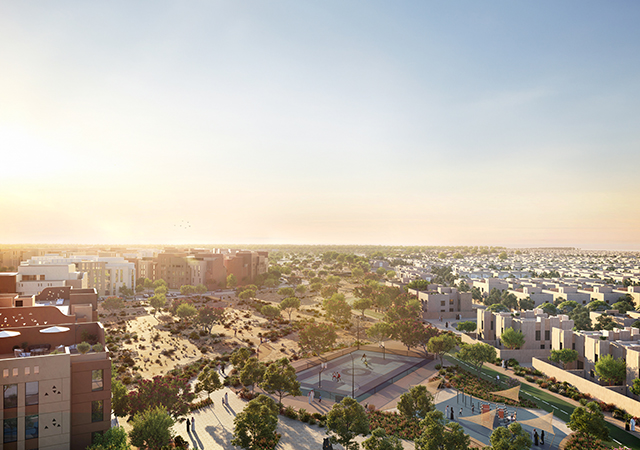
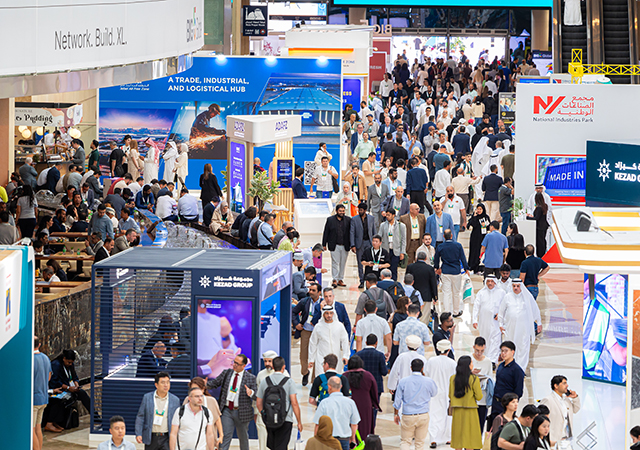
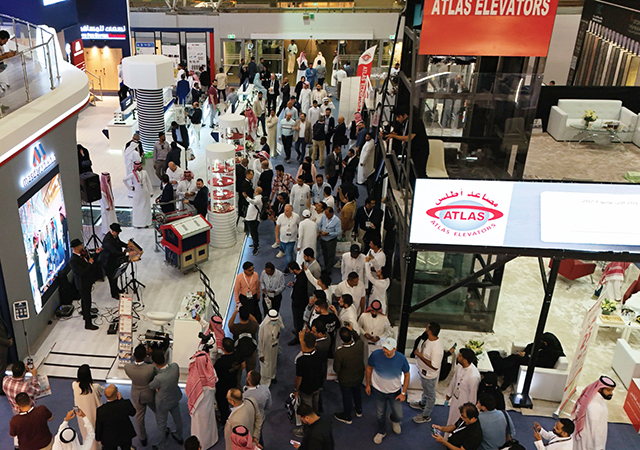

.jpg)



